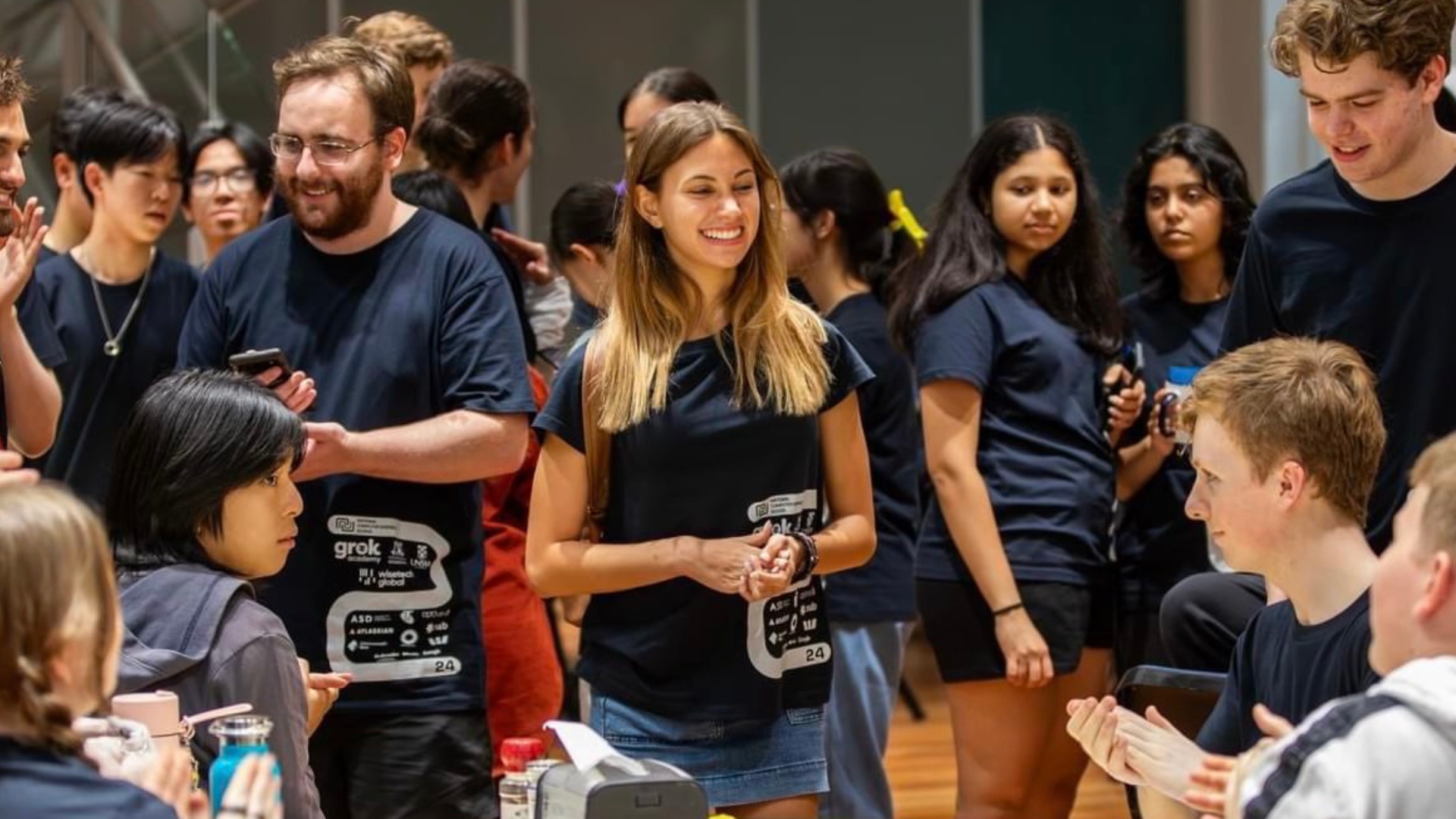At only 15 years old, Michaela Loukas was selected to participate in the National Computer Science School (NCSS) program run by Grok Academy.
The NCSS offers a 10-day intensive computer science program and invites Year 11 and 12 students with a passion for STEM (Science, Technology, Engineering and Mathematics) topics to take part. With hundreds of applicants nationwide, the Year 11 Greek Australian student was one of only 80 students exclusively selected to be a part of the Sydney program.
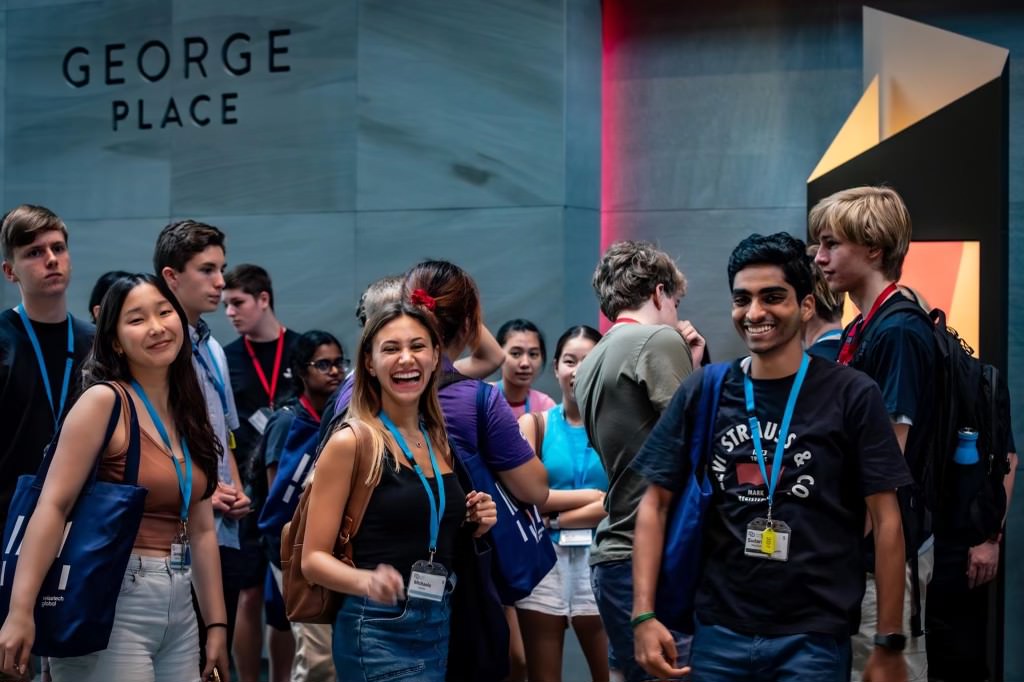
“I attended the Sydney stream of the program which focused heavily on cybersecurity,” Michaela told The Greek Herald.
“We learnt a bit about machine coding which is a complex programming language, as commands are written solely through numbers compared to its higher-level counterparts like Python and Java, which use a variety of written statements.
“We also learnt about social engineering and how scammers design phishing emails to try and deceive people into giving money or valuable information and details. One of the tasks we got to do was write our own fake email scams, which I really enjoyed.”
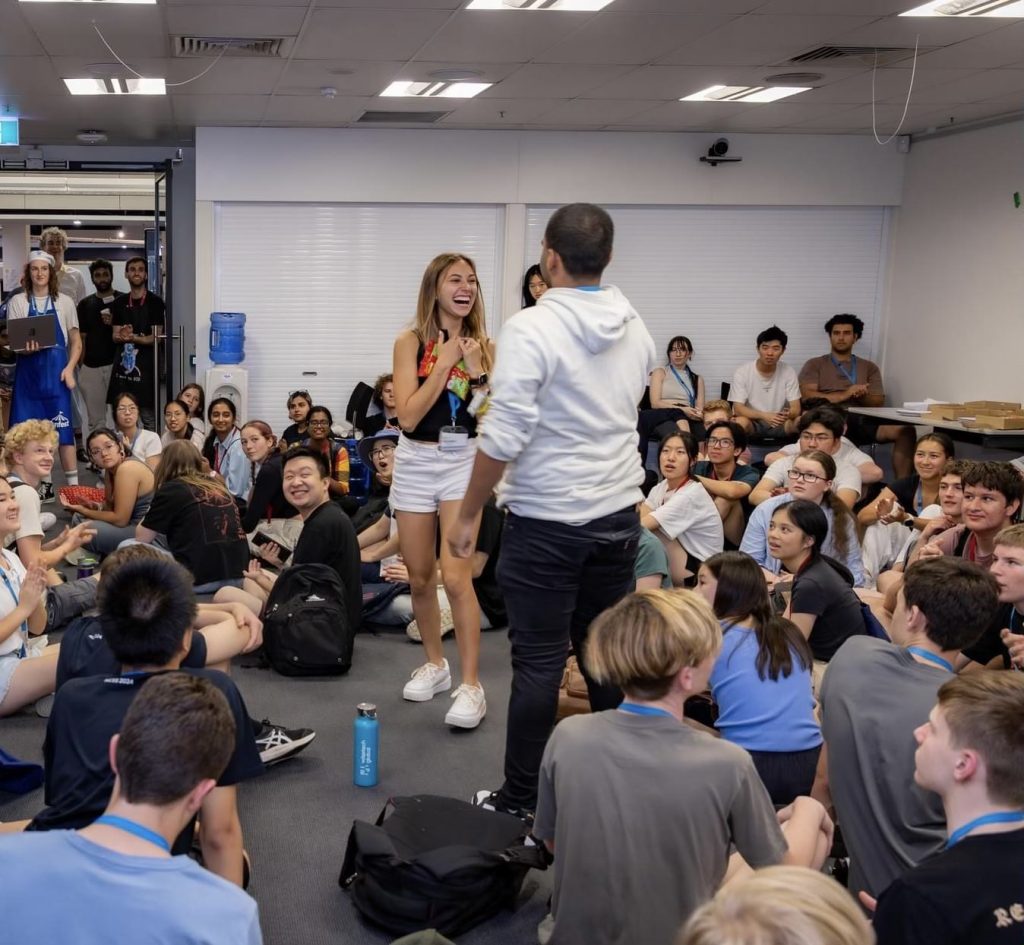
During the NCSS Sydney course, students were also given the opportunity to harness their skills in cryptography, machine coding, lock picking and social engineering. Students worked alongside expert mentors and top-level software engineers from major companies including Atlassian, Google, WiseTech Global, Macquarie and many more.
“I was able to combine my writing skills, programming skills and cybersecurity skills… We also learnt skills like lockpicking… which was surprisingly really engaging and eye-opening,” Michaela said.
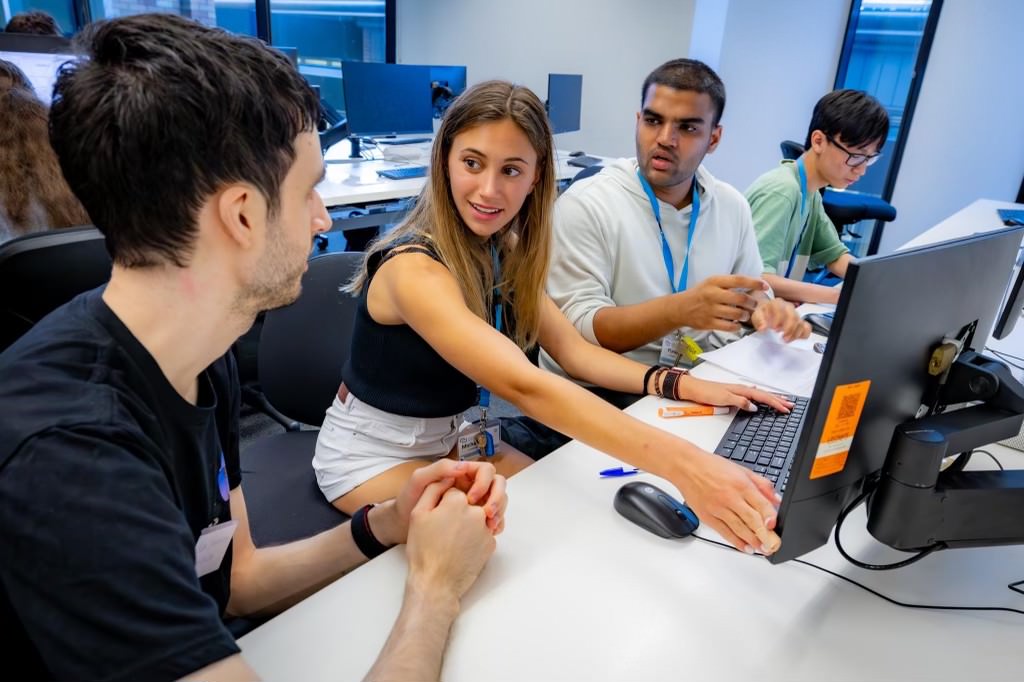
The Year 11 student said as well as being one of the youngest to undertake the program, she was the only student with Greek heritage.
“Having that sense of community, whether it’s based on ethnicity or shared interests, can be so empowering,” Michaela said.
“I think that when you have friends or classmates with the same background to you, it can make young people more inclined to pursue STEM as they feel like they have that community and belonging aspect, as well as a great support network.”
Michaela was also nominated as a team leader in the program, and she won the NCSS 2024 student prize at the graduation ceremony.
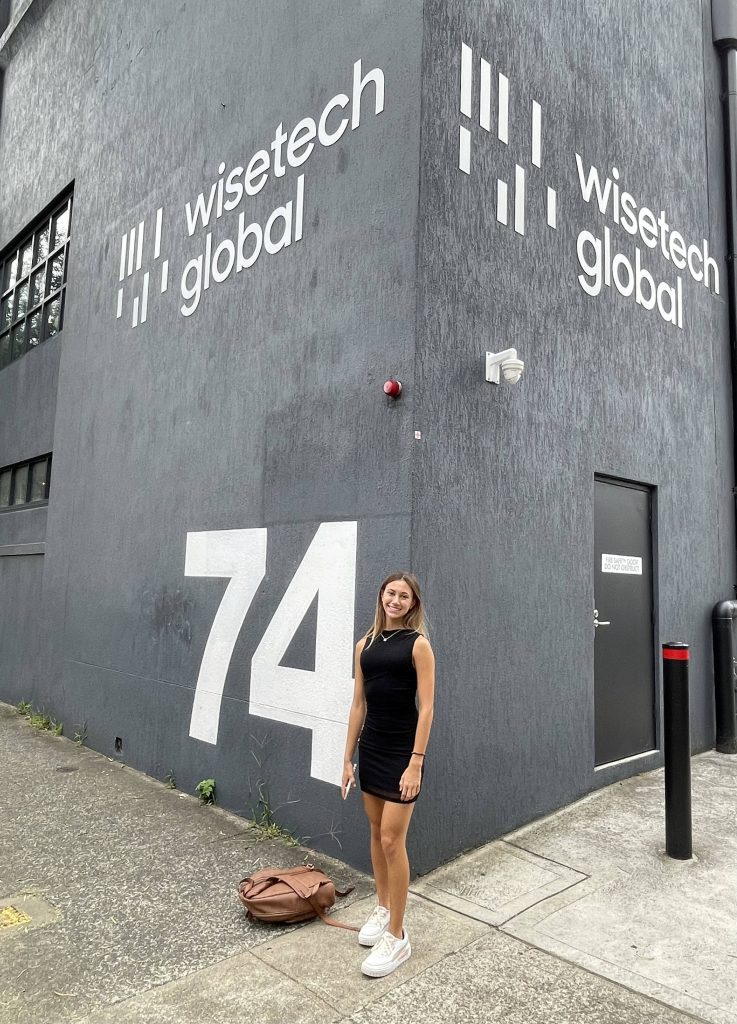
Females in STEM:
Michaela explained that she always had a love for science.
“My interest in computer science was fostered around primary school when I was in Year 5. I would go to computer club at lunchtime and through that my love for it grew,” she said.
“My primary school teacher had actually asked me if I wanted to participate in the ANSTO national coding competition and I had thought to myself, ‘why not, I’ll give it a go,’ and then I actually ended up coming first in the state too, which was so exciting.”
The 15-year-old said one day she hopes to combine her love for computer science with medicine.
“In the really distant future, I’d love to create my own software which can be utilised in the health care or medical industry,” Michaela said.
“I’ve always had a passion for learning about how the human body works and I feel like I can combine that with my passion for STEM by creating some sort of device program which helps patients with diagnosis, prognosis, or treatment.”
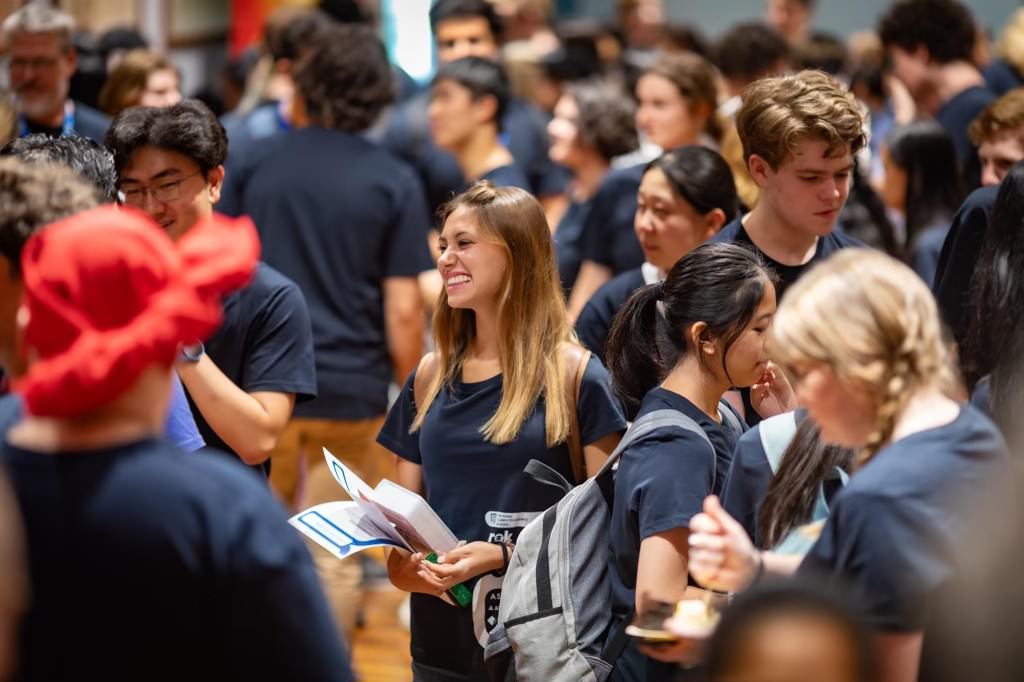
Following the NCSS 10-day program, Michaela was then invited to assist with a project at Grok Academy.
“I actually came up with the idea of creating a prototype for a screening device which detects whether or not a patient shows signs of melanoma, which is an issue close to my heart,” she explained.
“It was targeted towards rural Australians who lack that instant access to medical facilities or screening centres just so they can be aware of any possible signs of cancer to enforce early intervention and prevent melanoma, which is one of the most common type of cancers.”
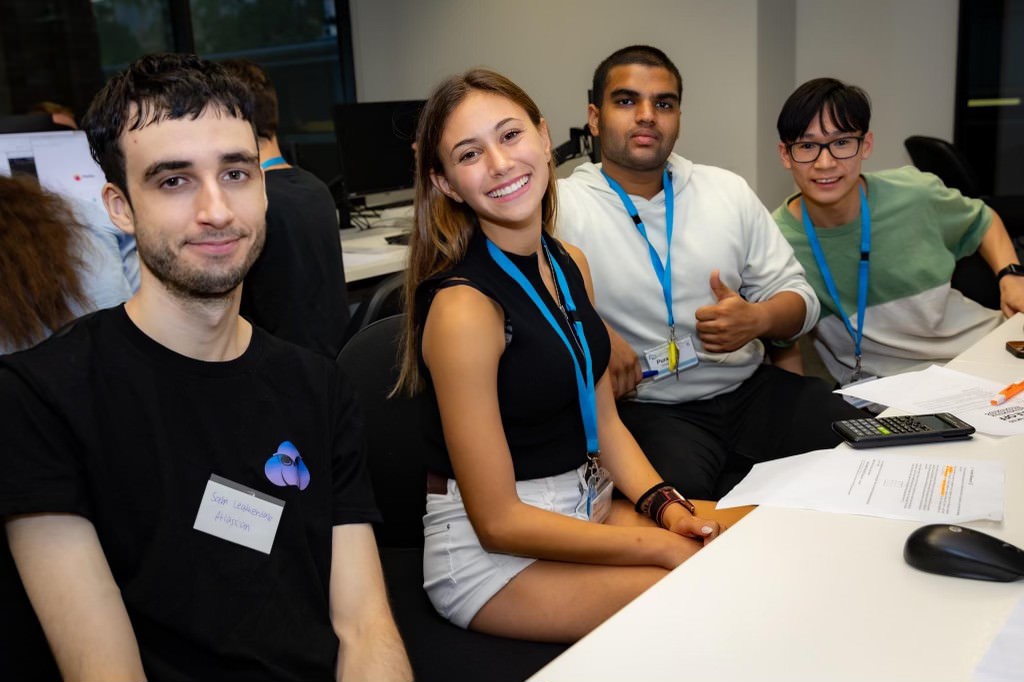
Michaela said despite the number of males in the field, she was all about encouraging other young women to get involved in STEM fields.
“There is this stigma that girls only choose STEM to impress boys. It’s disheartening, but I’ve learned to prioritise my own happiness and passions over others’ judgments,” she said.
“Beyond learning all the technical skills, NCSS allowed to me to find a place where I finally felt like I belonged. It was about finding your tribe and pursuing your passions, regardless of the barriers society may impose.”
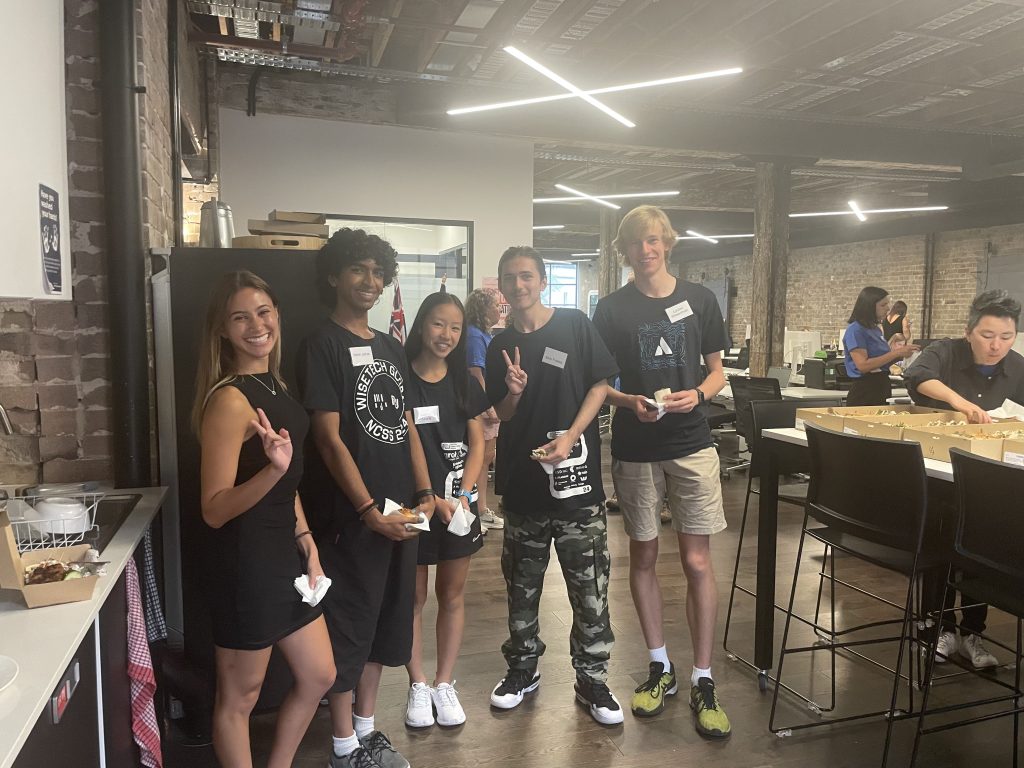
What’s her words of advice to other young women like her?
“Although it’s cliché, I think my advice to other young girls like myself is ‘don’t care about what other people think’,” she answered.
“I know it’s hard, but at the end of the day, people are going to judge anyway… so if a science subject is what makes you happy, and you’re interested in it, and you have this burning passion for it, then just do it.”
